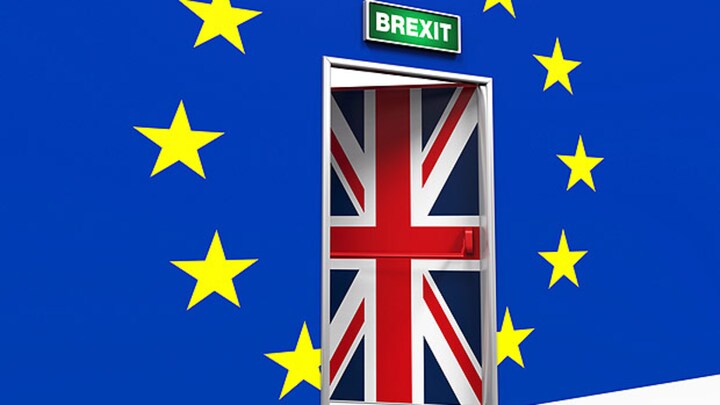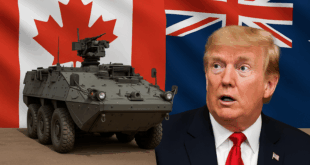Europe’s postmodern history finds its most defining event in the UK&’s departure from the European Union, which redefines Britain&’s own standing in the world.
The nation’s economic, diplomatic, and security agenda is shaped by its yet to be resolved geopolitical trajectory, which is defining its course into life after the EU.Maybe the proper single and immediate result of Brexit is that the British Union with the EU was formed.
The United Kingdom has historically had to operate the negotiating table as a weak side third party. This has produced financial tension, and the UK is working to establish alternative agreements to replace missing frictionless access to the European single market.
The financial reputation of the UK has suffered as a result of Brexit, with London losing its top spot as the banks move to Frankfurt, Paris, and Amsterdam.
The mass exodus is a betrayal of British economic leadership and has long-term implications for employment and investment.Britain has been working to fortify ties with its customary allies—including the Commonwealth nations and the United States—worldwide.
Britain, it is thought, cannot depend on its only transatlantic ally since they constitute a small population.
Britain had no longer any EU defense initiatives to engage in, therefore Brexit also affected the defense and security industry.
Although fighting terrorism and sharing intelligence is still a group effort, absent treaties, it is astonishing not to have any group security programs.
With Brexit came as well disagreements on Scotland’s integration and national identity in the country; calls for Scottish independence grew more and more bold and Scottish National Party support for a second vote.
North Ireland tensions remained outstanding.
Put simply, Brexit changed Britain’s geopolitics. With the process there is economic difficulty, diplomatic realignment, and security concerns all in all have given the UK national sovereignty.
Only by changing to solve all these, making strategic realignments, and redefining the national self can the UK succeed or perish in its new international position.
What is the next step for the United Kingdom?
As the UK embarks on its post EU life, now is a time to remember:
How can the UK compete and still control the world’s economy?
How will the United Kingdom create alliances and strategic partnerships?
How will the UK address domestic problems and political controversy about national identity and integration?
Laiba Asif : karachi
 Top Trends Blogs Trending Blogs – Latest News
Top Trends Blogs Trending Blogs – Latest News

